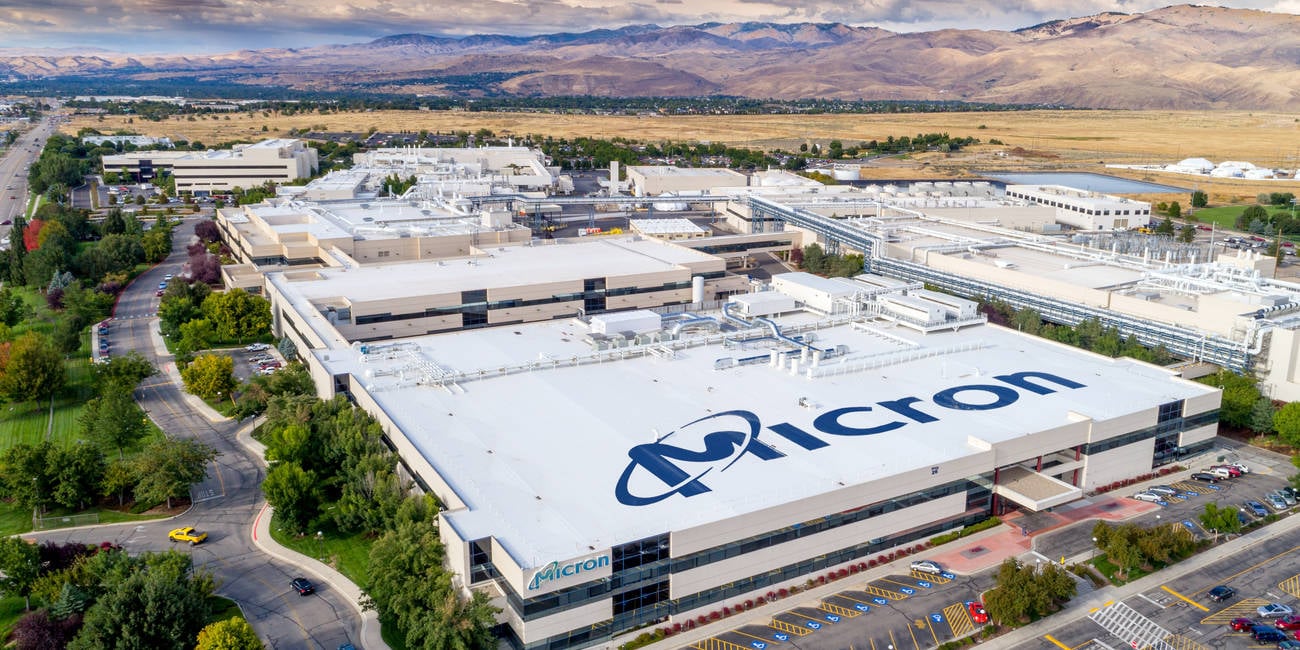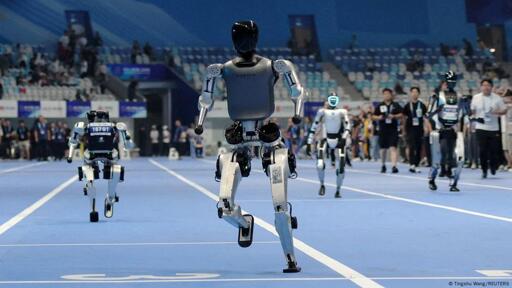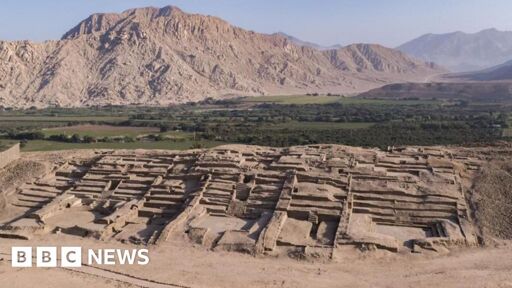

I was under the vague impression that a number of Russian software companies had basically relocated to Armenia so as to not deal with sanctions stuff. Which was a good deal for Armenia, since they had a bunch of tech companies suddenly materialize.
searches
This is from 2023:
https://apri.institute/how-russian-migration-fuels-armenias-it-sector/
How Russian Migration Fuels Armenia’s IT Sector Growth
The Russian invasion of Ukraine has led to a significant influx of Russian IT specialists into Armenia, boosting the sector and contributing to the country’s economic recovery.
The Russian invasion of Ukraine has triggered a significant exodus of Russians; some left Russia for political reasons, as they were against the war, and many did not want to compromise their lives. Armenia became one of the primary destinations for Russian migrants due to several reasons. Armenia and Russia enjoy a visa-free regime, and there are many daily flights to Yerevan from multiple Russian cities. Armenia and Russia are members of the Eurasian Economic Union, allowing tariff-free export and import. Perhaps, most importantly, many Armenians have favorable views on Russians. Despite the growing criticism of Russia in Armenia due to its actions or inaction during the 2020 Nagorno-Karabakh war, Azerbaijani incursions into Armenia in 2021 and 2022, and the military takeover of Nagorno-Karabakh by Azerbaijan in September 2023, this has not turned into resentment against Russians, as it has focused on the Russian state.
According to different estimates, up to 100,000 Russians have entered Armenia since February 2022, with two big waves, one in March-April and one in late September-October 2022, immediately after mobilization was declared in Russia. As of October 2023, up to 60,000 Russians remain in Armenia, primarily located in the capital, Yerevan, though a few Russians also live in Gyumri, the second biggest city of Armenia. Most Russians who migrated to Armenia are specialists in the IT sphere. The robust growth of the IT sector in Armenia played a role in influencing their choice, as Armenia can offer them developed infrastructure, including IT business centers and IT parks.
https://data.worldbank.org/indicator/NY.GDP.PCAP.CD?locations=AM
Looking at that chart, Armenia’s GDP-per-capita has roughly doubled since the start of the Russo-Ukranian War. Dunno how much of that is related to that movement, but I wouldn’t be surprised if it were a factor.















Is it not working in its present state?
If it’s working all right, I’d just leave it be, and if you don’t want tar buildup in your next case, get a case that has an air filter on it that you can replace, or run an air purifier with a filter in the room.